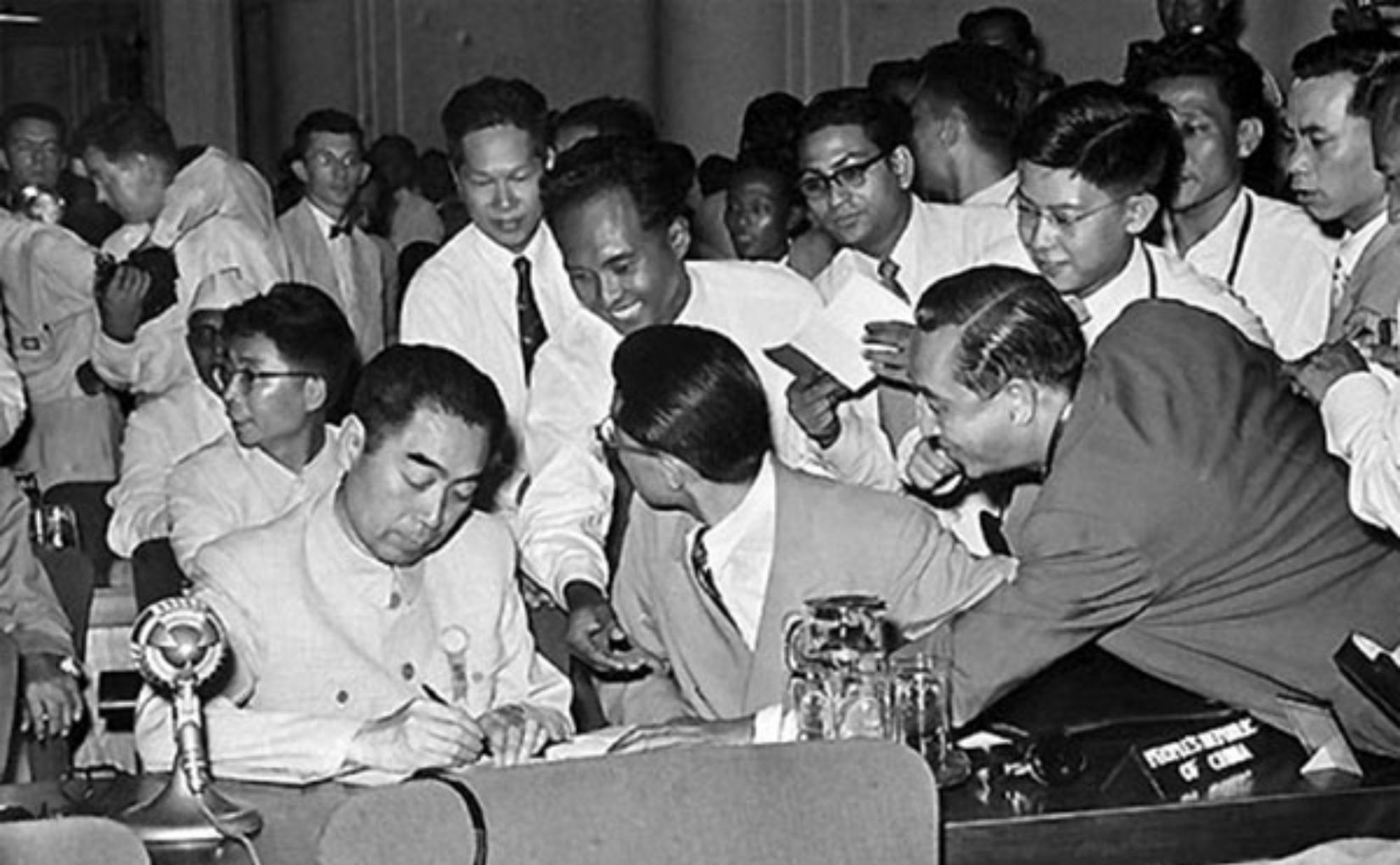70 years after Bandung: Global south urged to unite and shape a new world order

This week marks the 70th anniversary of the Bandung Conference, a seminal gathering held from April 18 to 24, 1955, in Indonesia, where 29 African and Asian nations convened amid the fight against colonial rule and the height of the Cold War.
That historic moment saw newly independent countries stepping onto the world stage, calling for respect for sovereignty and global solidarity.
The Bandung Conference laid the foundation for the Global South to voice its aspirations and affirm its identity.
Central to the conference were the Five Principles of Peaceful Coexistence—crafted by China and India in 1954—which advocated mutual respect for territorial integrity and sovereignty, non-aggression, non-interference in internal affairs, equality and mutual benefit, and peaceful coexistence.
Seventy years on, as the world grapples with economic downturns, security crises, and cultural fractures, these ideals remain strikingly relevant.
Today, nations of the Global South have emerged as indispensable players in global affairs and continue to champion multipolarity and sovereign equality in international relations.
To commemorate the anniversary, CGTN Français convened scholars and commentators including Isaac Bazié from the University of Quebec in Montreal, Darwis Khudori of Le Havre Normandy University in France, and Wu Zexian, a CGTN commentator, to reflect on Bandung’s enduring legacy.
“This conference was important, and it remains so on many levels,” said Prof. Bazié.
“It was the first time that Africa and Asia—through their shared history of colonisation and Western dominance—came together outside the West to shape their own future and bring their own agenda to the global stage.”
Prof. Khudori emphasised the need for tangible cooperation.
“The countries of the South—Africa, Asia, Latin America, and non-Western nations—must work together to share science, technology, and finance.
It’s time to go beyond talk and turn our ideas and reflections into action.”
Hermann Ouédraogo, editor of La Lettre du Faso Raogo, pointed to the unfulfilled promise of independence.
“Many young Africans feel that true independence has yet to be achieved. The rise of Asia’s economic powers inspires both admiration and reflection on a development model suited for Africa.”
Beninese journalist Héribert-Label Élisée Adjovi called for concrete proposals in the spirit of Bandung. “We’re in a general crisis—economic, security, health, even civilisational.
The Global South must seize this moment to make real proposals, as China has done through President Xi Jinping’s vision of a shared future for humanity.”
Wu Zexian stressed that the Bandung principles are more crucial than ever. “Some nations pursue power politics and seek to seize others’ territory.
The Five Principles of Peaceful Coexistence offer a framework to manage international relations in the face of such threats. We live on one planet. We must live together—in solidarity and cooperation.”
Seven decades on, Bandung’s legacy continues to galvanise the Global South toward collective action.
Though challenges to economic, cultural, and technological sovereignty remain, the emergence of alternative global voices is no longer just a possibility—it is becoming a reality.
Source: sidwaya
About The Author
dailymailafric
I am an avid African news observer, and an active member of Daily Mail Africa.
I’m Passionate about staying informed on diverse topics across the continent,
I actively contribute to publishing on political, economic and cultural developments in Africa.



